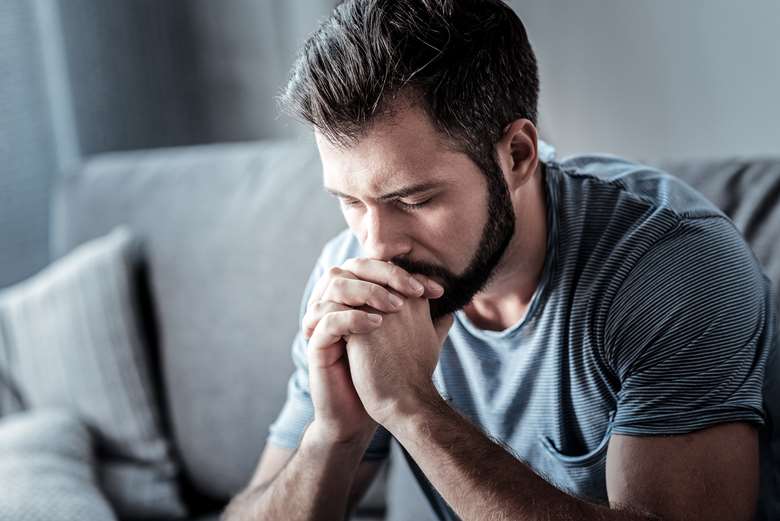Care leavers ‘likely to suffer poor health 30 years later’
Fiona Simpson
Monday, July 20, 2020
People who grew up in care are more likely to suffer from poor health in the decades that follow, new research shows.

A joint study by University College London (UCL) and King’s College London analysed the data from 350,000 people who self-reported their health after 10, 20 and 30 years.
Adults who lived in residential care during childhood had a 40 per cent chance of reporting poor health 10 years later. This rose to an 85 per cent chance over the following two decades.
Those who grew up with a relative saw their chances of reporting ill health range from 21 per cent to 43 per cent over the 30-year period.
Adults who grew up with their parents only had a 13 per cent chance of reporting poor health after 10 years, rising to 21 per cent at both 20 and 30 years.
The results are “more likely to be mental health problems than physical”, researchers said, concluding that the results highlight the need to expand mental health support beyond young adulthood for care experienced people.
Professor Amanda Sacker, also from UCL’s epidemiology and public health department, who led the study, said: “More must be done to close the inequality gap between those who spend time in care and those who do not, particularly as the impact of Covid starts to be felt.
“We’re seeing the same differences in rates of poor health among people that have survived to their 40s as people in their 20s. The effects are not wearing off - and we suspect these are more likely to be mental health problems than physical.
“Support is available for mental health during the transition into adulthood but there’s nothing later on in life. I would like the support to last for longer. There are opportunities to turn things around – people just need a little bit of help to do this.”
-
Topic hub: Residential Children's Care
-
Blog: three top tips on helping disadvantaged children catch up
More help is needed for relatives who care for children informally and often go “under the radar”, the report adds.
The need to support relatives caring for looked-after children stems from a shift in attitudes towards placements including a wider recognition of the “positive impact that staying with a family member can have, in reducing the trauma of being removed from parents and maintaining a child’s sense of identity and self”.
Dr Emily Murray, first author of the report from UCL’s epidemiology and public health department said: “A lot of the relatives that look after children, especially grandchildren, are not particularly well off. They are completely under the radar – they need support but often don’t ask for help.
“Inequalities tend to increase in magnitude at times like this. Let’s put in safeguards now, so that we don’t keep seeing the same, or worse, inequalities for the next 10, 20 or 30 years.”
Previous research from King’s and UCL found that adults who spent time in care as children were 70 per cent more likely to die prematurely than those who did not.
The majority of deaths were down to unnatural causes such as self-harm, accidents or in some way related to mental illness, they added.




